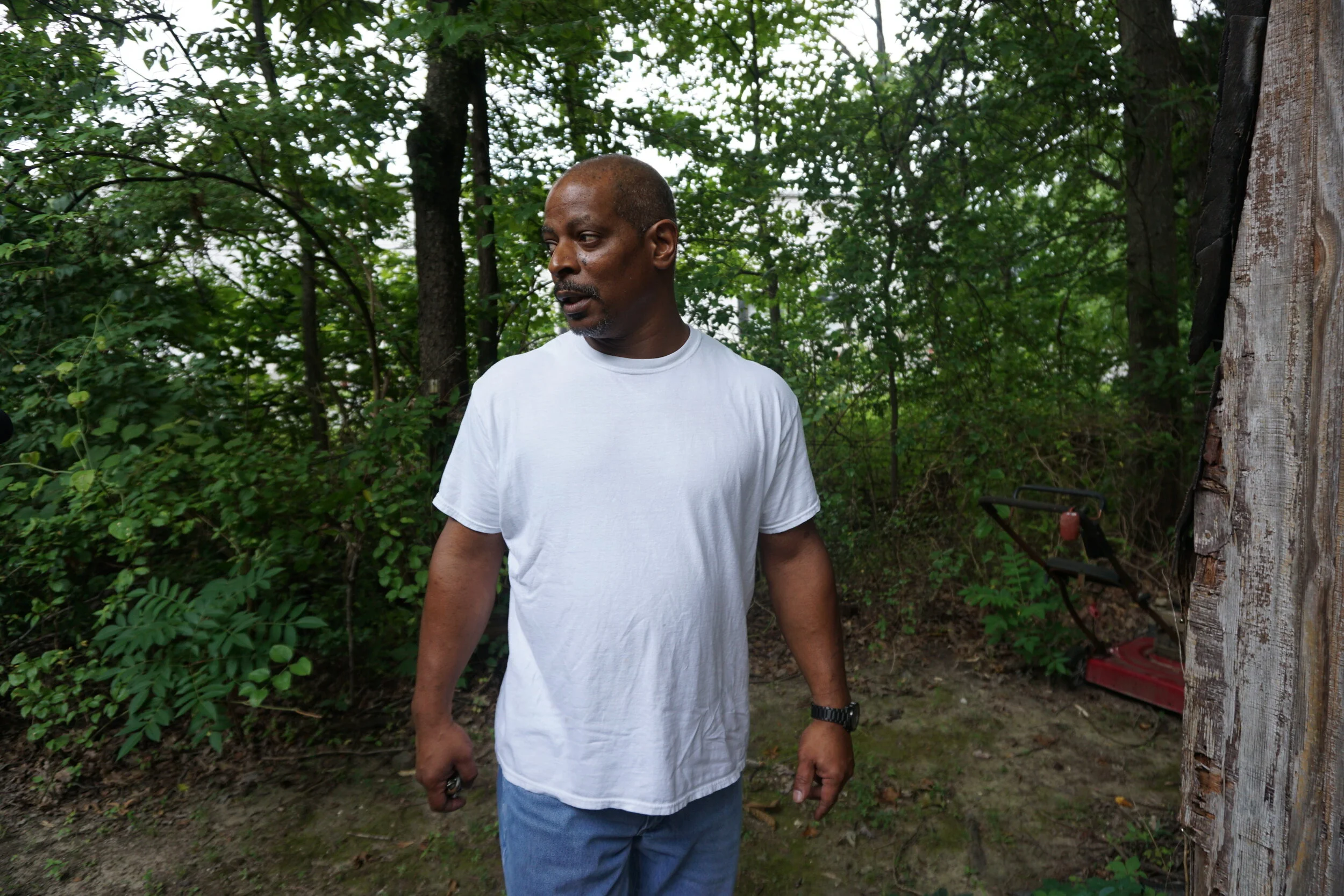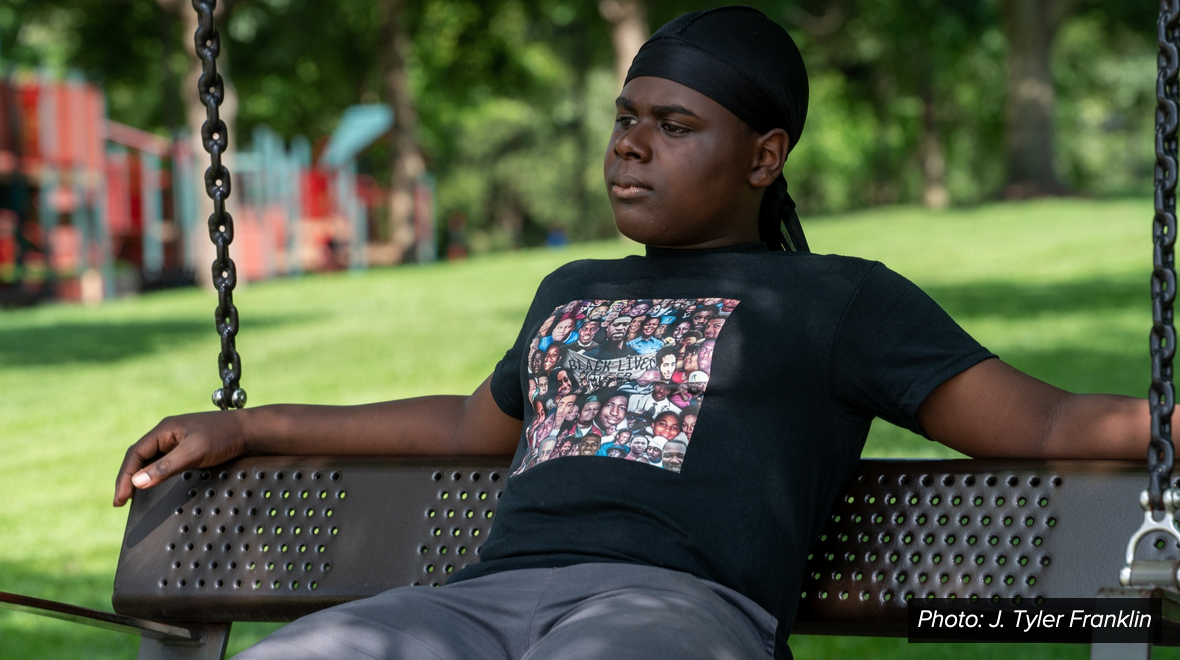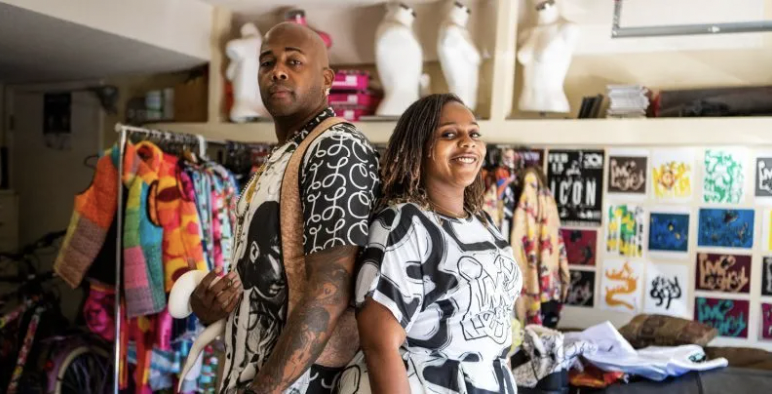
Race & Culture
Stories & Investigations
Say Her Name: Women Survivors of Chicago Police
Michelle Clopton was in her twenties when Chicago police attempted to force her to confess to a crime she didn’t commit. For 72 hours, she was brutally questioned, deprived of food, and tortured. Today, she is one of the few women to publicly share her experience of abuse. But she’s not alone.
Louisville Police Expected A Grow Operation. They Found Christmas Lights.
Tyrone Evans was making New Year’s day breakfast when Louisville police bursted into his home looking for a marijuana grow operation. What they found, rather than what they expected to have found, has started a conversation about policing, privacy, and inequalities.
Why Black Women Like Breonna Taylor Still Need ‘Say Her Name’ Movement
On March 13th, Breonna Taylor was shot and killed in her home by Louisville Metro Police Officers, after officers executed a no knock warrant for a supposed drug raid. The search turned up empty. But Taylor’s story highlights an issue advocates have long reckoned with: Why is police violence against Black women less visible than that of Black men?
With Focus on Racism and Injustice, A New Attention on Racial Trauma
Racial trauma, experienced by people of color, is getting more attention after a summer of protests over the police deaths of George Floyd and Breonna Taylor.
El Paso-based clothing line is headed to New York Fashion Week
Owned by brother-and-sister duo Faith and Marcus Smith, Imperial Legacy Clothing is featured in the “Emerging Artist” category and will showcase two different clothing collections over two days.
Mother and son create nonprofit to feed El Paso homeless
Every week, Bookie and Chereè Coleman create a menu that is mainly inspired by the 7-year-old’s culinary choices. They spend Sunday afternoons cooking and distributing the food and save leftovers for what they call “Wasteless Wednesdays,” when they distribute leftovers from the previous meal.
El Paso business celebrate Black Business month
In 2004, August was nationally recognized as Black Business Month after historian John William Timpleton and engineer Frederick E. Jordan Sr. led an effort to raise awareness about Black-owned businesses and their contributions to the country’s economy.







